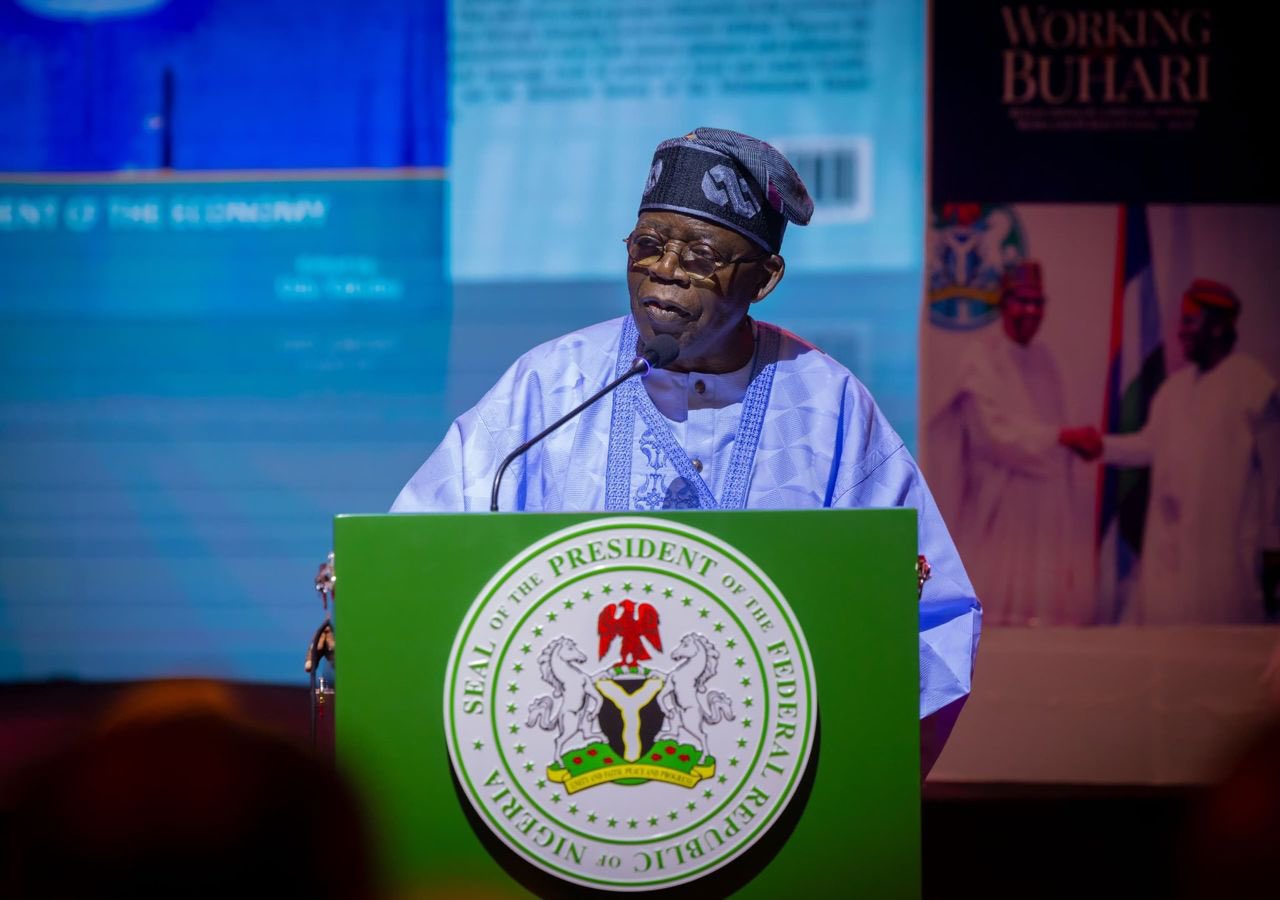The administration of President Bola Tinubu is exploring the possibility of reinstating previously suspended telecom taxes and fiscal policies as part of ongoing discussions with the World Bank to secure a substantial loan of $750 million.
These deliberations come in the wake of a document published by the World Bank, shedding light on the potential reintroduction of measures aimed at bolstering revenue generation within Nigeria.
Initially suspended in July 2023, the proposed revival includes the Electronic Money Transfer (EMT) levy on electronic transfers through the Nigerian banking system, along with excise duties on telecommunications services.
These measures form a crucial component of the government’s ambitious ARMOR program, designed to enhance domestic revenue mobilisation across targeted industries and sectors of the economy.
According to the document, key stakeholders such as the Association of Licenced Telecom Operators of Nigeria and banking institutions will be pivotal in ensuring the successful implementation of these reforms.
Additionally, manufacturers’ associations, particularly those involved in the production of tobacco products, sugar-sweetened beverages, and alcoholic beverages, will play a significant role in collecting excise duties on their respective products.
The World Bank emphasised the importance of engaging strategic partners, including importers and manufacturers within the automobile trade industry, to participate in reforms aimed at introducing green taxes on high Greenhouse Gas (GHG) emission vehicles.
Furthermore, regulatory oversight will be provided by institutions such as the Nigerian Communication Commission and the Central Bank of Nigeria.
In terms of funding and technical assistance, the government has allocated specific resources, with annual budget allocations of $1.17 billion to the Federal Ministry of Finance, Federal Inland Revenue Service, and Nigeria Customs Service. Additionally, the programme will receive results-based financing of $730 million and $20 million in investment financing, with a further $10 million allocated for project management, tax policy capacity-building, and related expenses.
Overall, the proposed reintroduction of telecom taxes and fiscal policies underscores the government’s commitment to enhancing revenue mobilisation efforts, with the World Bank loan serving as a crucial catalyst for economic development and sustainability in Nigeria.



